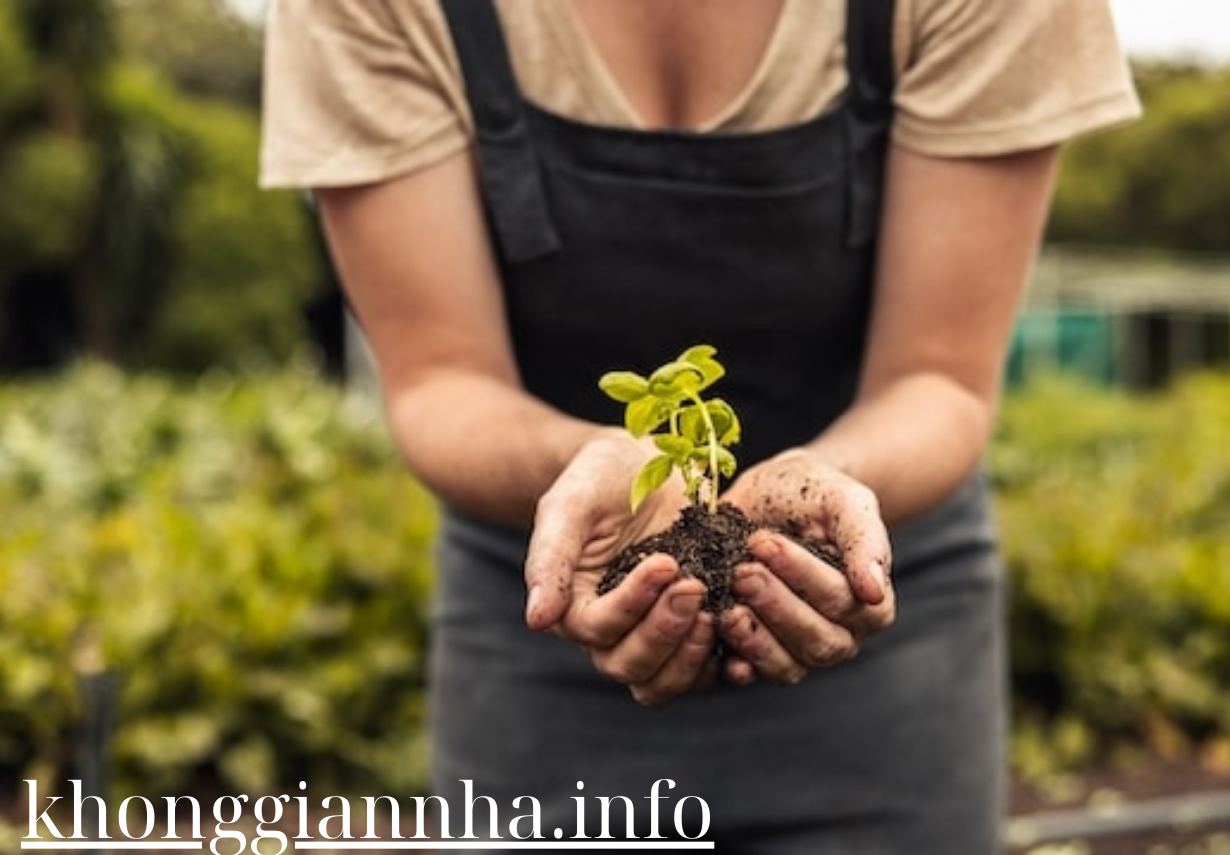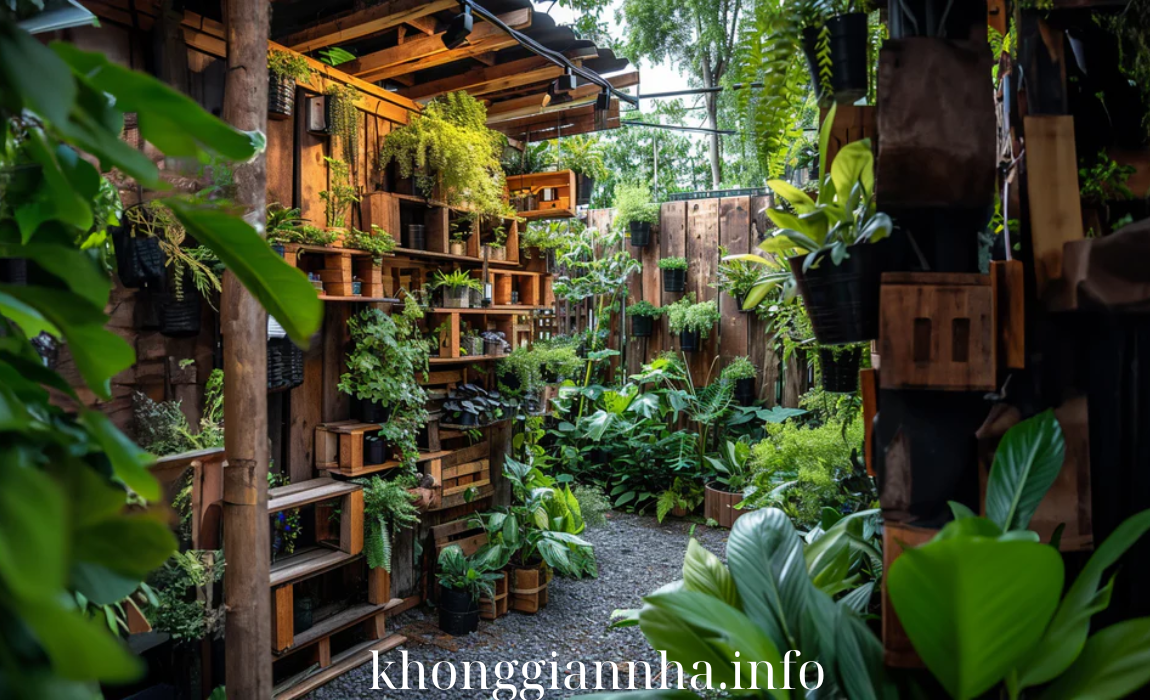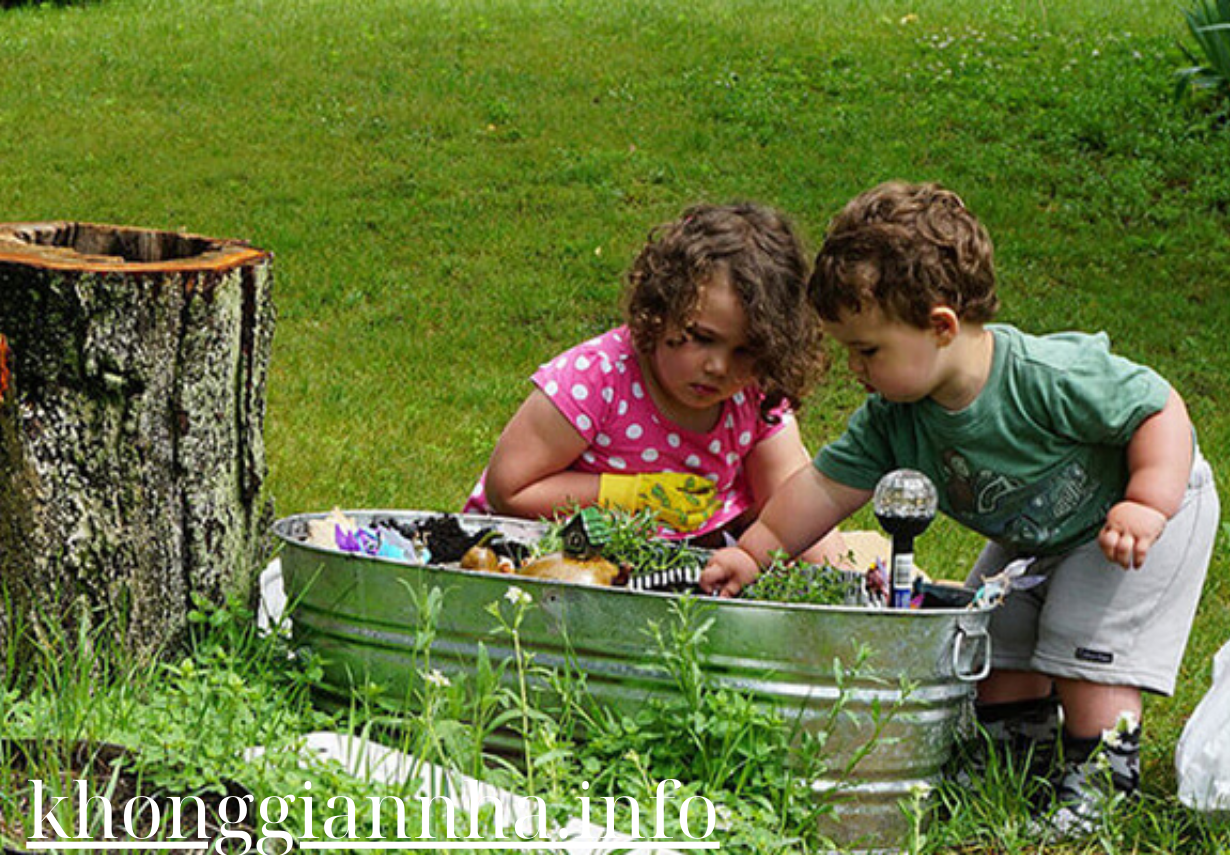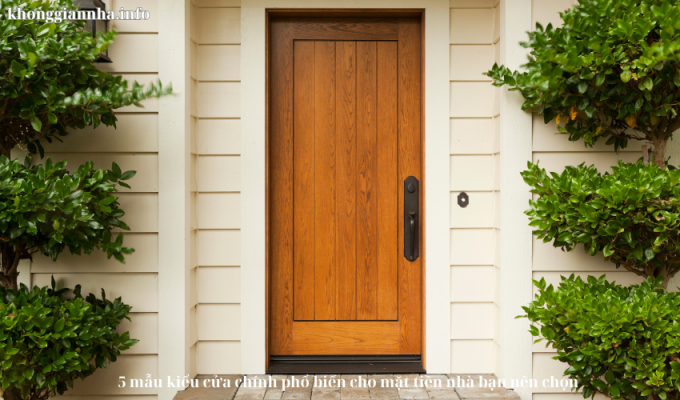Eco-Conscious Garden Items: Choose Green Products for a Healthier Garden
Sustainable gardening not only enhances the beauty of your outdoor space but also benefits the environment. By choosing eco-conscious garden products, you can create a healthier garden that supports biodiversity, conserves resources, and reduces your ecological footprint. This guide explores eco-friendly gardening solutions that help you cultivate a vibrant, sustainable garden while protecting the planet.
1. Composting Solutions: Transforming Waste into Nutrient-Rich Soil
a. Compost Bins and Tumblers
Compost bins and tumblers convert kitchen scraps and yard waste into nutrient-rich compost, reducing landfill waste while enriching your garden soil.
Benefits include natural fertilizer for plants, reduced reliance on chemical fertilizers, and lower waste output.
Eco-friendly options: Look for composters made from recycled plastic or sustainably sourced materials.
b. Worm Composting (Vermicomposting)
Worms break down organic material into valuable worm castings, a powerful natural fertilizer.
Benefits include faster decomposition, low-maintenance systems, and suitability for small spaces.
Eco-friendly options: Vermicompost bins made from non-toxic, durable materials.
2. Organic Mulch and Soil Amendments
a. Organic Mulch
Mulch helps retain soil moisture, suppress weeds, and regulate soil temperature.
Eco-friendly options: Use organic mulches like wood chips, straw, or shredded leaves to enrich the soil as they decompose.
Benefits: Prevents soil erosion, reduces water usage, and improves soil health.
b. Natural Soil Amendments
Homemade compost or organic compost purchased from sustainable sources enhances soil fertility.
Cover crops like clover or ryegrass enrich the soil with organic matter when tilled into the ground.
3. Recycled and Sustainable Planters
a. Recycled Materials Planters
Planters made from recycled plastic, reclaimed wood, or upcycled materials help reduce waste and promote sustainability.
Benefits: Durable and eco-friendly, these planters give new life to otherwise discarded materials.
Creative options: Look for planters made from items like old barrels, tires, or shipping pallets.
b. Biodegradable Pots
Biodegradable pots are made from natural fibers like coconut coir, peat, or paper.
Benefits: These pots decompose naturally in the soil, reducing plastic waste and promoting root growth.
Applications: Perfect for seedlings, as they can be planted directly into the ground, eliminating transplant shock.
4. Eco-Friendly Garden Tools and Equipment
a. Hand Tools Made from Sustainable Materials
Opt for tools with handles made from FSC-certified wood or recycled materials, and blades made from durable, rust-resistant steel.
Benefits: Longer-lasting tools reduce the need for frequent replacements, and sustainably sourced materials reduce environmental impact.
b. Manual and Solar-Powered Equipment
Use manual lawnmowers, clippers, and weeders to eliminate reliance on gas-powered equipment, reducing emissions.
Solar-powered garden lights, water pumps, and fountains harness renewable energy, cutting down on electricity use.
5. Water Conservation Products
a. Rainwater Harvesting Systems
Collecting and storing rainwater for garden use reduces reliance on municipal water supplies and helps conserve water.
Rain barrels, underground water tanks, and gravity-fed irrigation systems are ideal for eco-conscious gardens.
Benefits: Rainwater is free of chemicals like chlorine, making it healthier for plants.
b. Drip Irrigation Systems
Drip irrigation delivers water directly to plant roots, minimizing evaporation and runoff.
Eco-friendly features: These systems use significantly less water than traditional sprinklers, making them ideal for sustainable gardens.
6. Organic and Natural Pest Control Solutions
a. Beneficial Insects
Introduce insects like ladybugs, lacewings, and nematodes to control pests naturally without the use of harmful chemicals.
Benefits: Reduces reliance on synthetic pesticides while promoting biodiversity in your garden.
b. Organic Pesticides and Fungicides
Use pesticides made from neem oil, insecticidal soap, or diatomaceous earth to manage garden pests without harming the environment.
Benefits: These eco-friendly options break down quickly and don’t pose risks to pollinators, pets, or local wildlife.
7. Native Plants and Pollinator-Friendly Gardens
a. Native Plants
Native plants are adapted to your local environment, requiring less water, fertilizers, and pesticides. They also support local wildlife.
Benefits: Native species help maintain biodiversity and create habitats for birds, bees, and butterflies.
b. Pollinator-Friendly Plants
Attracting pollinators like bees, butterflies, and hummingbirds improves plant pollination, essential for healthy garden ecosystems.
Eco-friendly plants: Opt for nectar-rich flowers like lavender, sunflowers, and echinacea to create a pollinator-friendly garden.
8. Eco-Conscious Landscaping Materials
a. Reclaimed and Recycled Hardscaping
Use reclaimed bricks, pavers, or stones for walkways and garden paths, reducing demand for new materials.
Benefits: Recycled hardscaping materials offer durability and reduce the environmental impact of production.
b. Permeable Paving
Permeable paving allows rainwater to filter through the surface, reducing runoff and promoting groundwater recharge.
Eco-friendly materials: Options include porous concrete, gravel, and eco-friendly pavers made from recycled materials.
9. Solar-Powered Garden Lighting
a. Solar Garden Lights
Solar garden lights absorb sunlight during the day and illuminate your garden at night without using electricity.
Eco-friendly benefits: By using renewable energy, solar lights reduce your garden’s carbon footprint while providing ambiance and security.
b. Solar Fountains and Water Features
Solar-powered fountains and water features enhance your garden while minimizing energy consumption.
Benefits: These eco-friendly alternatives eliminate the need for wiring and electricity, making them easy to install and sustainable.
10. Sustainable Fertilizers
a. Organic Fertilizers
Organic fertilizers made from compost, seaweed, bone meal, and manure enrich the soil naturally, supporting plant growth without synthetic chemicals.
Benefits: These fertilizers improve soil structure, encourage healthy root systems, and promote long-term soil fertility.
b. Slow-Release Fertilizers
Slow-release fertilizers provide nutrients gradually over time, reducing the need for frequent applications.
Eco-friendly advantages: This method prevents nutrient runoff and minimizes environmental impact.
11. Greenhouse Alternatives
a. Recycled Material Greenhouses
Greenhouses made from recycled materials like glass or plastic bottles provide an eco-friendly way to extend the growing season.
Benefits: Recycled greenhouses reduce waste while creating a controlled environment for plant growth.
b. Cold Frames
Cold frames offer a more compact, energy-efficient alternative to traditional greenhouses, protecting plants from cold weather using solar energy.
Eco-friendly materials: Use reclaimed wood and old windows to construct a DIY cold frame.
Conclusion
By choosing eco-conscious garden products, you contribute to a healthier planet while cultivating a sustainable and thriving outdoor space. Whether you opt for composting solutions, recycled planters, or native plants, these green products can enhance your garden’s beauty and resilience while promoting environmental stewardship.














Post Comment